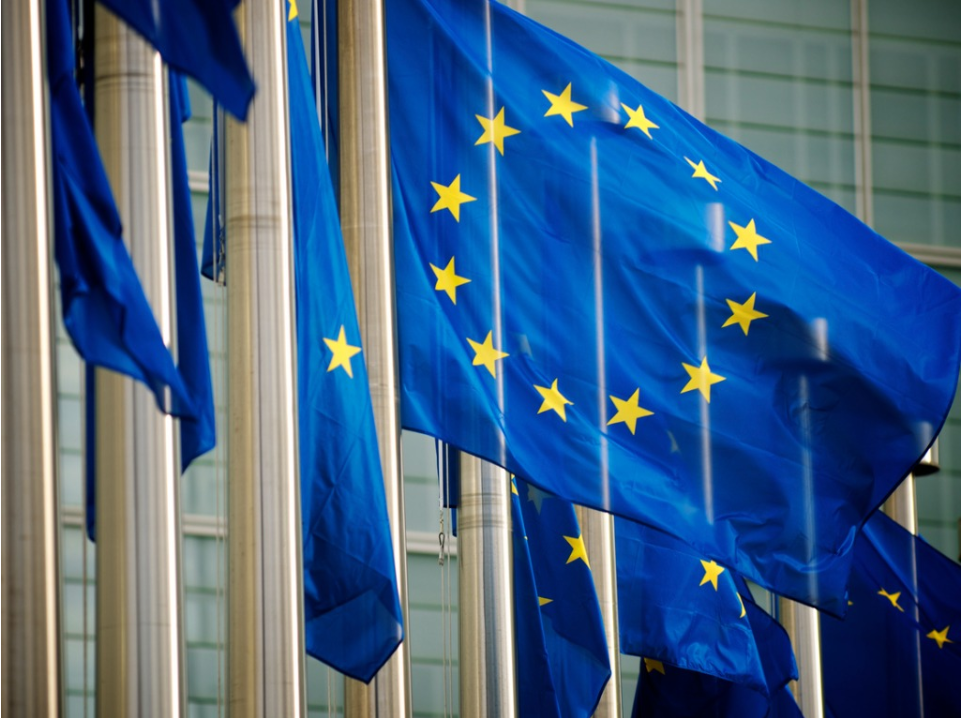BLOG
New recast of the European energy efficiency Directive

On 20 September 2023, Directive (EU) 2023/1791 of 13 September 2023 on energy efficiency and amending Regulation (EU) 2023/955 (recast) was published, as a recast of Directive 2012/27/EU due to the number of amendments that have been implemented with regard to Directive 2012/27/EU. Directive (EU) 2023/1791 is intended to aid in implementing the aims of Regulation (EU) 2021/1119 on achieving climate neutrality. The new Directive aims to establish a framework of measures to promote energy efficiency and promote energy security by reducing energy imports, and takes effect from 10 October 2023.
The primary requirement of the Directive is for member states to ensure they have energy efficiency solutions, particularly in relation to largescale planning, policy and major investments. Elements that must be considered in relation to this principle include sector integration and cross-sectoral impacts. Additionally, Member States are required to collectively achieve an 11.7% reduction in energy consumption by 2030, compared to 2020 projections.
Member States are also required to achieve the following cumulative end-use energy savings:
0.8 % of annual final energy consumption from 1 January 2021 to 31 December 2023, averaged over the most recent three-year period preceding 1 January 2019;
1.3 % of annual final energy consumption from 1 January 2024 to 31 December 2025, averaged over the most recent three-year period preceding 1 January 2019;
1.5 % of annual final energy consumption from 1 January 2026 to 31 December 2027, averaged over the most recent three-year period preceding 1 January 2019;
1.9 % of annual final energy consumption from 1 January 2028 to 31 December 2030, averaged over the most recent three-year period preceding 1 January 2019.
These savings can be achieved through the use of energy efficiency obligation schemes or alternative policy measures, and Member States are required to implement energy management systems; data centres; metering for natural gas, and for heating, cooling, and domestic hot water; qualification, accreditation and certification schemes; national energy efficiency funding, financing and technical support; among other things.
As it stands, this Directive imposes these requirements on Member States specifically but in order to implement and achieve these energy targets, further measures may be implemented by the Commission or the relevant Member State.